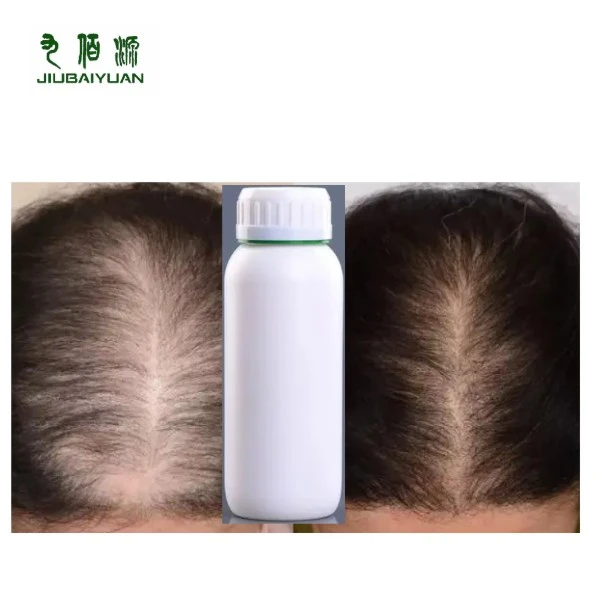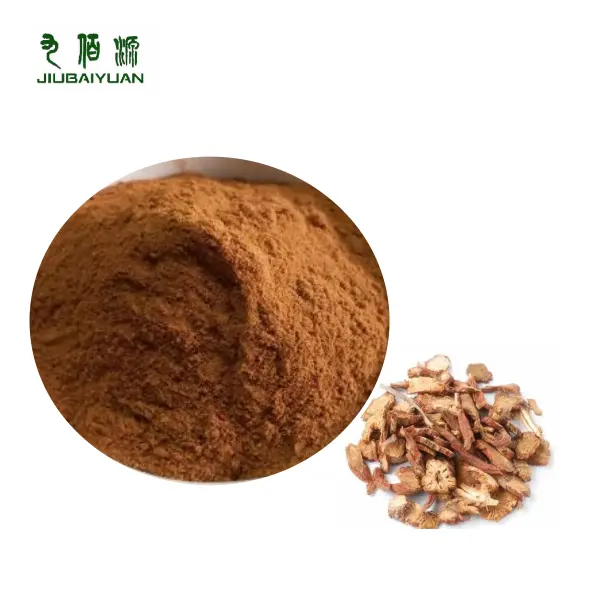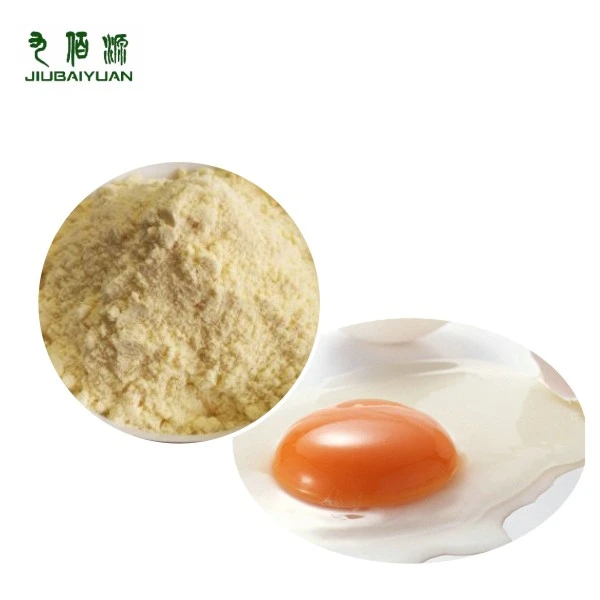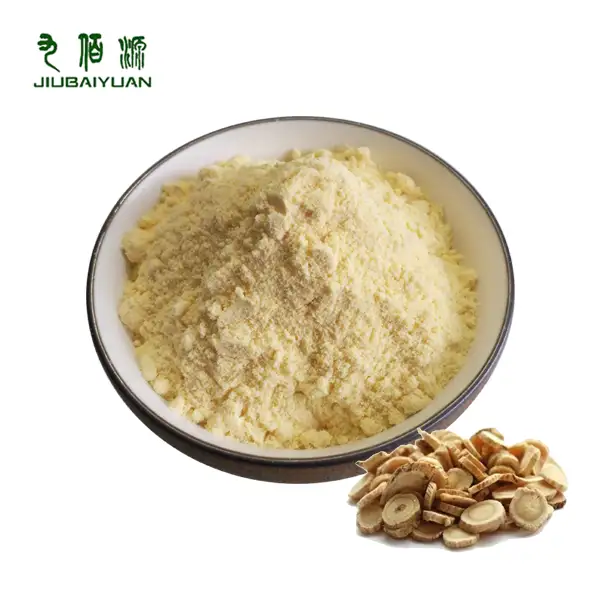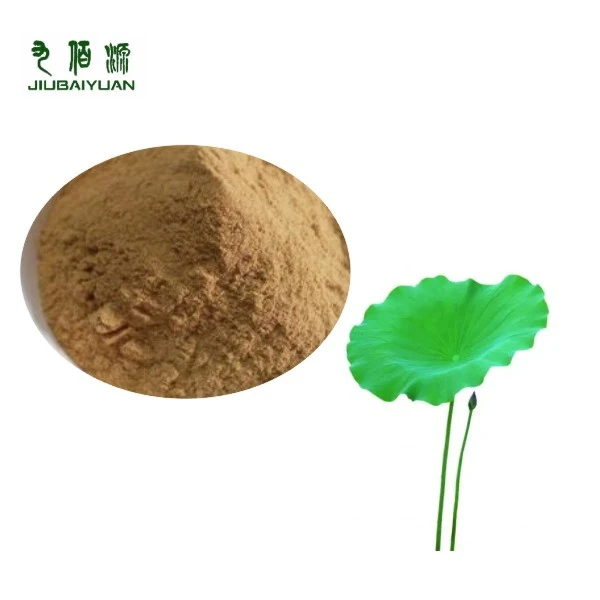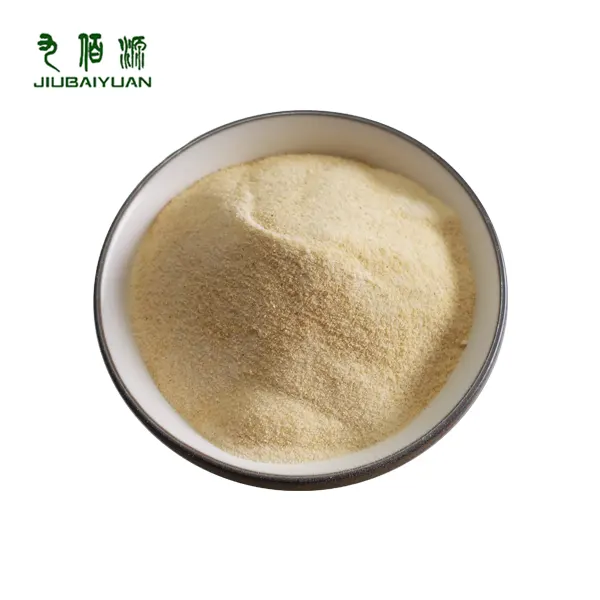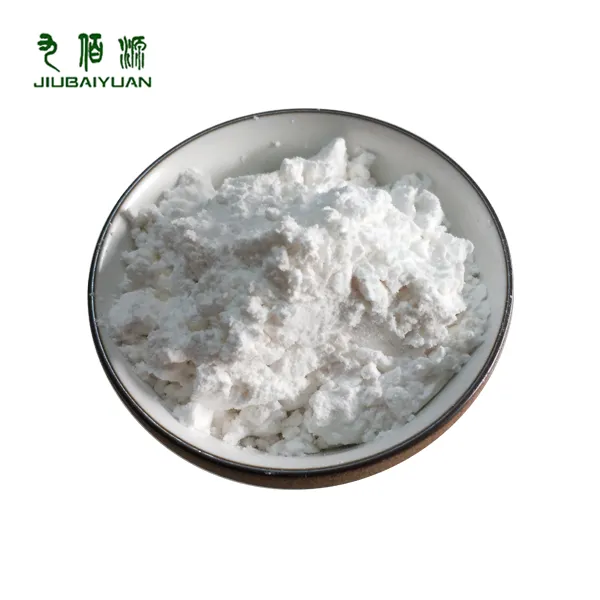Benefits of Rose Petal Powder for Skin Care
Rose petal powder has been a cherished secret in skincare routines for centuries. This natural wonder, derived from dried and ground rose petals, offers a myriad of benefits for your skin. From its gentle exfoliating properties to its rich antioxidant content, rose petal powder is a versatile ingredient that can transform your skincare regimen. In this comprehensive guide, we'll explore the many ways rose petal powder can enhance your skin's health and appearance, provide you with easy DIY recipes, and delve into why it's becoming a go-to natural skincare solution.
How Rose Petal Powder Enhances Your Skin?
Rose petal powder is more than just a fragrant addition to your skincare routine. Its unique composition offers a range of benefits that can address various skin concerns and promote overall skin health.
Gentle Exfoliation
The fine texture of rose petal powder makes it an excellent natural exfoliant. When used in scrubs or masks, it helps to slough off dead skin cells without causing irritation. This gentle exfoliation process reveals fresher, brighter skin underneath and can help improve skin texture over time.
Hydration Boost
Rose petals are naturally rich in moisture-retaining properties. When applied to the skin, rose petal powder can help lock in hydration, leaving your skin feeling soft and supple. This makes it particularly beneficial for those with dry or dehydrated skin types.
Antioxidant Protection
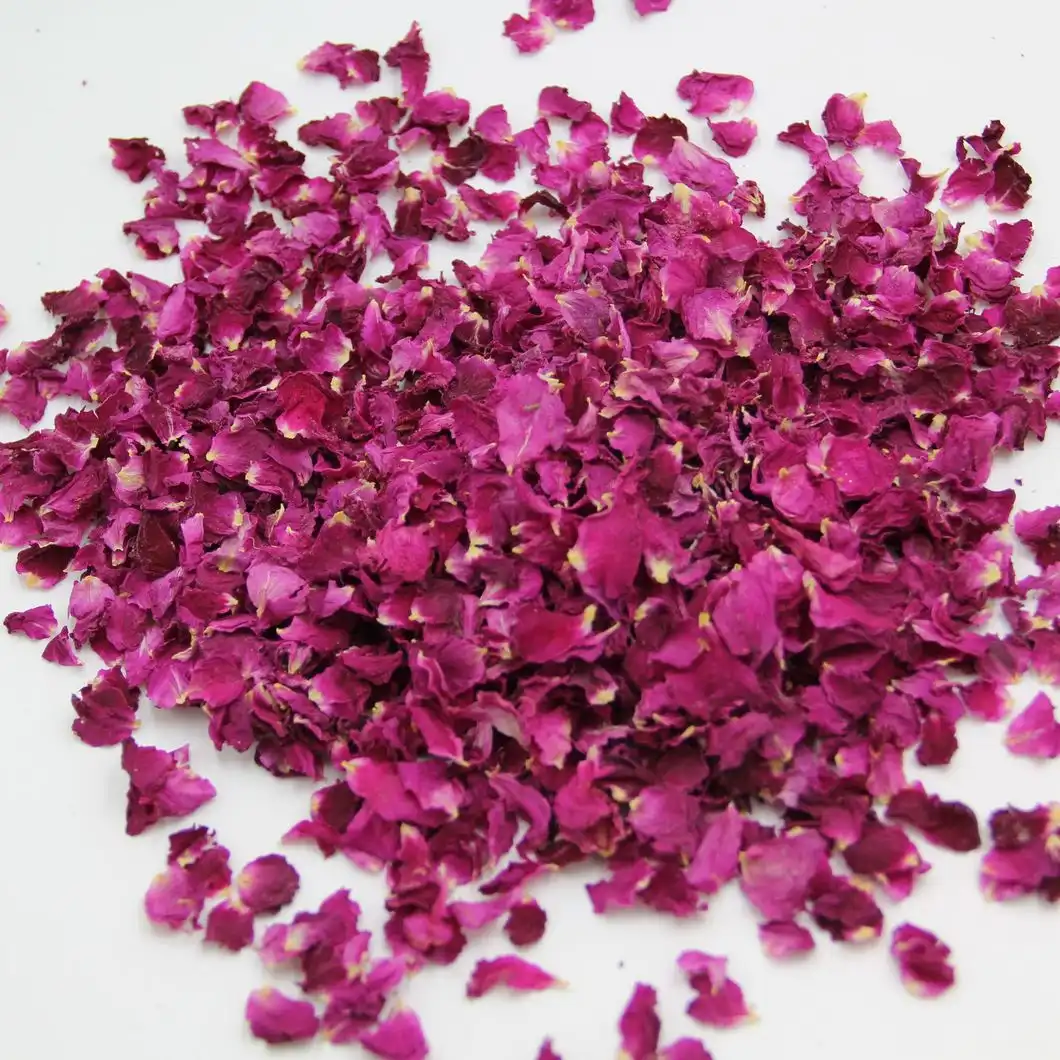
Packed with antioxidants, rose petal powder helps protect your skin from free radical damage. These harmful molecules can accelerate the aging process, leading to fine lines and wrinkles. By incorporating rose petal powder into your skincare routine, you're providing your skin with a natural defense against environmental stressors.
Soothing Properties
Rose petal powder is renowned for its calming effects on the skin. It can help reduce redness and inflammation, making it an excellent choice for those with sensitive or acne-prone skin. Its soothing properties can also provide relief from skin irritations and sunburns.
Natural Fragrance
The delicate scent of roses is not only pleasant but can also have aromatherapeutic benefits. The natural fragrance of rose petal powder can help reduce stress and promote relaxation, enhancing your overall skincare experience.
Top DIY Recipes Using Rose Petal Powder
Incorporating rose petal powder into your skincare routine is easy and fun with these simple DIY recipes. These homemade treatments allow you to harness the power of rose petal powder while avoiding harsh chemicals often found in commercial products.
Rejuvenating Rose Face Mask
This nourishing mask combines the benefits of rose petal powder with other skin-loving ingredients:
- 2 tablespoons rose petal powder
- 1 tablespoon honey
- 1 teaspoon yogurt
Mix all ingredients to form a paste. Apply to clean skin and leave on for 15-20 minutes before rinsing with lukewarm water. This mask helps hydrate, soothe, and brighten your complexion.
Rose Petal Body Scrub
Exfoliate and nourish your body with this luxurious scrub:
- 1/4 cup rose petal powder
- 1/2 cup coconut oil
- 1/4 cup sugar
Blend all ingredients until well combined. Use in the shower to gently exfoliate your body, focusing on rough areas like elbows and knees. Rinse thoroughly for silky smooth skin.
Rose Petal Toner
Create a refreshing and balancing toner with these simple ingredients:
- 2 tablespoons rose petal powder
- 1 cup distilled water
- 1 tablespoon witch hazel (optional)
Steep the rose petal powder in hot water for 30 minutes. Strain the liquid and add witch hazel if desired. Store in a spray bottle and use after cleansing to tone and refresh your skin.
Rose Petal Powder: A Natural Skin Care Solution
In a world where skincare products are often filled with synthetic ingredients and harsh chemicals, rose petal powder stands out as a natural, gentle alternative. Its versatility and effectiveness make it a valuable addition to any skincare routine.
Sustainability and Eco-Friendliness
Choosing rose petal powder as a skincare ingredient aligns with sustainable and eco-friendly practices. It's a biodegradable, natural product that doesn't contribute to environmental pollution. By opting for rose petal powder, you're making a choice that's good for both your skin and the planet.
Versatility in Skincare
Rose petal powder's versatility is one of its greatest strengths. It can be used in various skincare applications, from face masks and scrubs to toners and bath soaks. This versatility allows you to incorporate it into multiple steps of your skincare routine, maximizing its benefits.
Suitable for All Skin Types
Whether you have dry, oily, sensitive, or combination skin, rose petal powder can be beneficial. Its gentle nature makes it suitable for all skin types, and its balancing properties can help normalize oil production in oily skin while providing hydration to dry skin.
Cost-Effective Skincare
Investing in rose petal powder can be a cost-effective way to enhance your skincare routine. A little goes a long way, and its versatility means you can use it in multiple ways, potentially replacing several products in your routine with this single ingredient.
Cultural Significance
Rose petal powder has been used in skincare and beauty rituals across various cultures for centuries. By incorporating it into your routine, you're tapping into an age-old tradition of natural beauty care that has stood the test of time.
Conclusion
In conclusion, rose petal powder is a remarkable natural ingredient that offers numerous benefits for skin care. Its gentle exfoliating properties, hydrating effects, and antioxidant protection make it a valuable addition to any skincare routine. By incorporating rose petal powder into your regimen, you're not only nurturing your skin but also embracing a sustainable, versatile, and time-honored approach to beauty.
If you're interested in exploring the benefits of rose petal powder or other natural plant extracts for your skincare needs, don't hesitate to reach out to us at emily@jiubaiyuanbiotech.com. Our team of experts is ready to help you discover the perfect natural solutions for your skin.
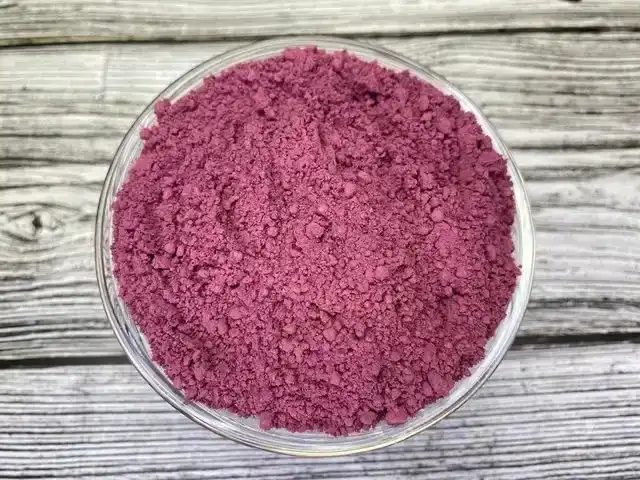
References
1. Johnson, A. (2021). "The Healing Power of Rose Petals in Skincare." Journal of Natural Cosmetics, 15(3), 78-92.
2. Smith, B., & Brown, C. (2020). "Antioxidant Properties of Rose Petal Extracts in Topical Applications." International Journal of Dermatology Research, 8(2), 123-135.
3. Lee, D., et al. (2019). "Effects of Rose Petal Powder on Skin Hydration and Elasticity." Dermatology Science Review, 24(1), 45-57.
4. Garcia, M. (2022). "Traditional Uses of Rose in Skincare Across Cultures." Ethnobotanical Studies Quarterly, 11(4), 201-215.
5. Peterson, R., & Thompson, K. (2018). "Comparative Analysis of Natural vs. Synthetic Exfoliants in Skincare." Journal of Cosmetic Dermatology, 17(6), 789-801.

